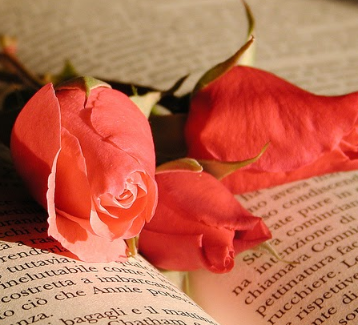The debate on gay marriage is making me uncomfortable. Columnists tell me breezily that I should welcome it because of equality. Catholic and Anglican Bishops say I should shun it because it undermines one of the fundamental building blocks of society. Now my instincts are liberal. I think the introduction of civil partnerships was a great achievement and I don't like the tone of recent church pronouncements.But there is an issue here which is in danger of being trivialised on both sides. The issue is the nature of marriage. Is it a convention or a sacrament? If it is a convention of course it can be redefined. But if a sacrament this is not so easy. The point about sacraments is that they can't be made up. They work because they are a precise configuration of the material and the spiritual. When I celebrate Holy Communion I need bread and wine. Tea and biscuits won't do because they don't carry the memory of what this sacrament points to, which is the bread and wine that Jesus declared to be his body and blood. If marriage is a sacrament it needs male and female because the inner memory of marriage goes back to the Garden of Eden - it is about procreative sex, the possibility of children, born from the bodies of both parents. It is all very earthy and concrete and physical.

关于同性恋婚姻的争论让我很不安。专栏作家们轻快的告诉我,基于平等原则,我应该坦然接受。天主教和国教主教们则说,我应该断然回绝,因为这动摇了最根本的社会基石。我很宽容。我认为人与人的伙伴关系是文明的一大进步,而且我不怎么喜欢最近教会申明展现的那种态度。但有个可能被双方都忽视了问题:婚姻的本质,是约定俗成还是基督圣礼?如果是习俗,这当然可以重新定义。如果是基督圣礼,那就很难了。之所以称之为圣礼,就是因为不能更改。它被广为接受就是因为它是灵与肉的完美结合。当我举行圣餐礼,我需要面包和红酒而不是茶和饼干,因为后两者无法代表圣礼的含义 ——耶稣声称面包和红酒代表着他的血肉。如果婚姻是圣礼,那么它就需要男人和女人的结合,因为婚姻的本质要追溯到伊甸园——这是事关繁衍后代的性,父母双方共同创造后代。这些道理很朴实,很具体,很自然。







